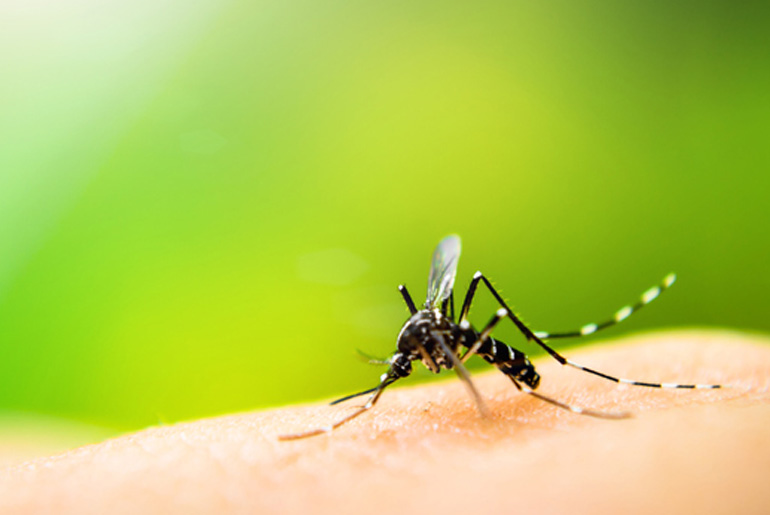The World Health Organization (WHO) has authorized a second malaria vaccine, which could offer countries a more affordable and readily available option compared to the first malaria vaccine. This decision comes after recommendations from two expert groups advising its use in children at risk of malaria.
“As a malaria researcher, I used to dream of the day we would have a safe and effective vaccine against malaria. Now we have two,” Tedros stated.
The new three-dose malaria vaccine was developed by Oxford University with assistance from the Serum Institute of India. Research suggests that it is more than 75% effective, and its protection lasts for at least another year with a booster shot. The estimated cost of the vaccine is about $2 to $4 per dose, making it a cost-effective option. If funders agree to purchase it, the vaccine could be available in some countries as early as next year.
While regulatory authorities in Ghana and Burkina Faso had previously approved this vaccine, the WHO’s authorization adds a significant endorsement. Notably, the first malaria vaccine, Mosquirix, made by GSK, is only about 30% effective, requires four doses, and provides limited, fading protection.
“This is one more tool we will now have, but it’s not going to replace bed nets and spraying insecticides,” stated John Johnson with Doctors Without Borders. “This is not the vaccine that’s going to stop malaria.”
The key difference between the two vaccines is accessibility. GSK can produce only about 15 million doses annually, while the Serum Institute of India has the capacity to manufacture up to 200 million doses of the Oxford vaccine each year. This could significantly increase the availability of an effective malaria vaccine in regions heavily affected by the disease.
Both vaccines do not prevent malaria transmission, so additional measures are required to control the disease. Increasing reports of drug resistance and the spread of invasive mosquito species are complicating efforts to combat malaria.
In a separate decision, WHO’s expert group also authorized a dengue vaccine made by Takeda, which had previously received approval from the European Union drug regulator. Dengue is a mosquito-transmitted disease common in tropical Latin American and Asian countries, and there is no specific treatment for it. The Takeda vaccine is recommended for children aged 6 to 16 in countries with a high prevalence of dengue. Studies have shown it to be about 84% effective in preventing hospitalization due to dengue and 61% effective in preventing symptoms four years after vaccination.
“You would be foolish to think that this vaccine is going to be the end of the malaria story,” Craig stated.
Dengue has been causing a significant number of deaths in Bangladesh in an ongoing epidemic, highlighting the importance of effective vaccines and preventive measures against mosquito-borne diseases.
Disclaimer:
The information contained in this article is for educational and informational purposes only and is not intended as a health advice. We would ask you to consult a qualified professional or medical expert to gain additional knowledge before you choose to consume any product or perform any exercise.








